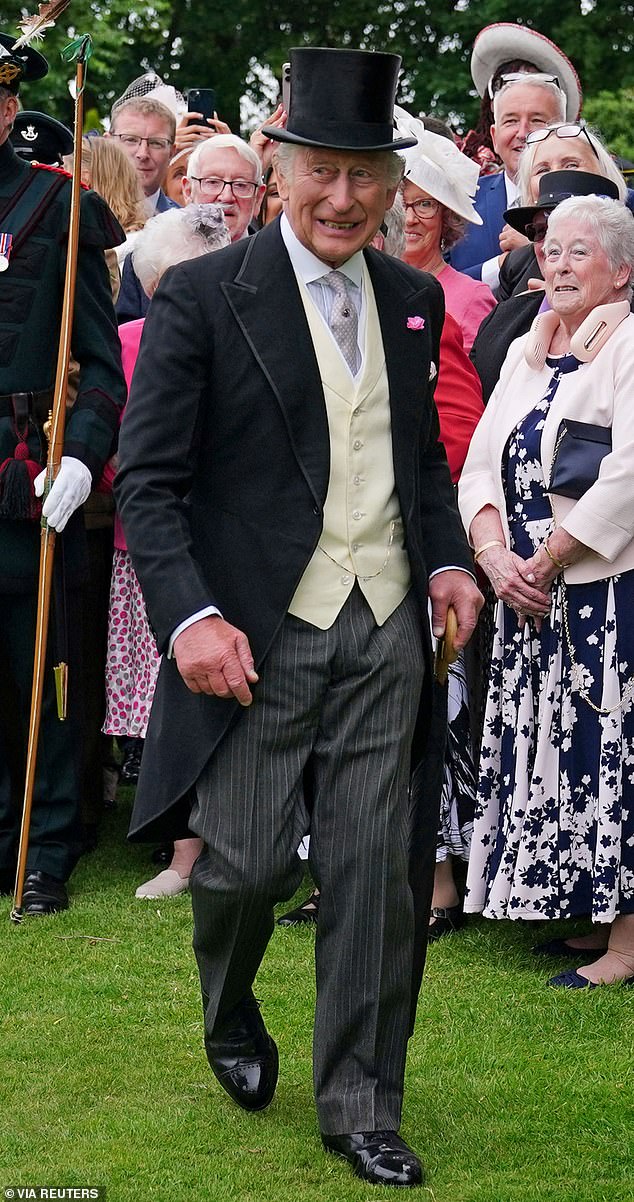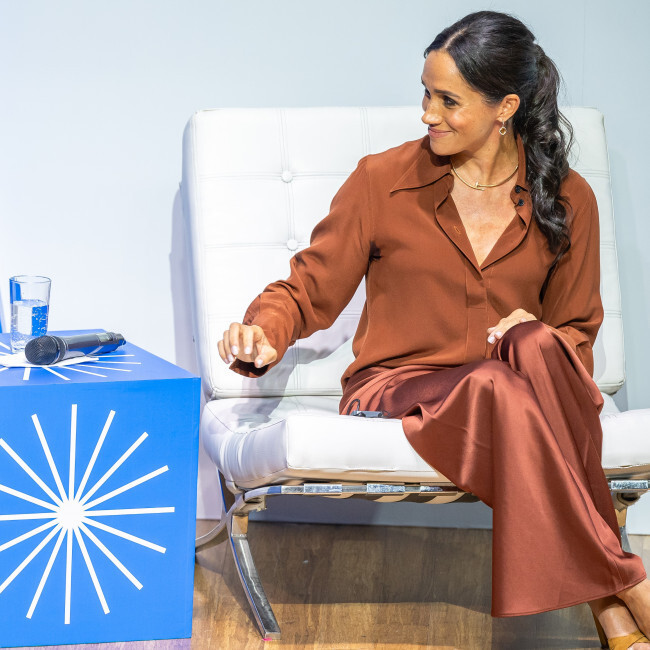King Charles Honors Wartime Generation in VE Day 80th Anniversary Speech

King Charles III commemorated the 80th anniversary of VE Day with a poignant speech at London's Horse Guards Parade, echoing the historic words of his grandfather, King George VI. The King emphasized the importance of remembering the sacrifices of the wartime generation and the collective effort that led to the liberation of Europe from the shadow of war. His address, delivered at the exact time King George VI spoke to the nation in 1945, served as a bridge between past and present, reminding attendees of the enduring value of unity and peace.
The celebration was marked by a blend of solemn remembrance and joyful festivities, with performances by notable stars and the royal family in attendance. King Charles shared personal anecdotes, including a light-hearted moment where he joked about not having the energy to lead a conga line back to Buckingham Palace, a nod to his mother, Queen Elizabeth II's, youthful celebrations on the original VE Day. This blend of humor and history underscored the event's dual purpose: to honor the past while celebrating the peace that was won.
Throughout the week, the royal family participated in various commemorative events, showcasing their commitment to remembering the service and sacrifice of those who fought in World War II. King Charles also highlighted upcoming commemorations, including the 80th anniversary of D-Day, emphasizing the ongoing importance of such anniversaries in teaching future generations about the costs of war and the value of peace.
The King's message was clear: while the debt to the wartime generation can never be fully repaid, their legacy must be remembered and honored. By calling for a global commitment to peace, King Charles III not only paid tribute to the past but also set a vision for the future, one where the lessons of history guide the world toward a more peaceful and united tomorrow.




